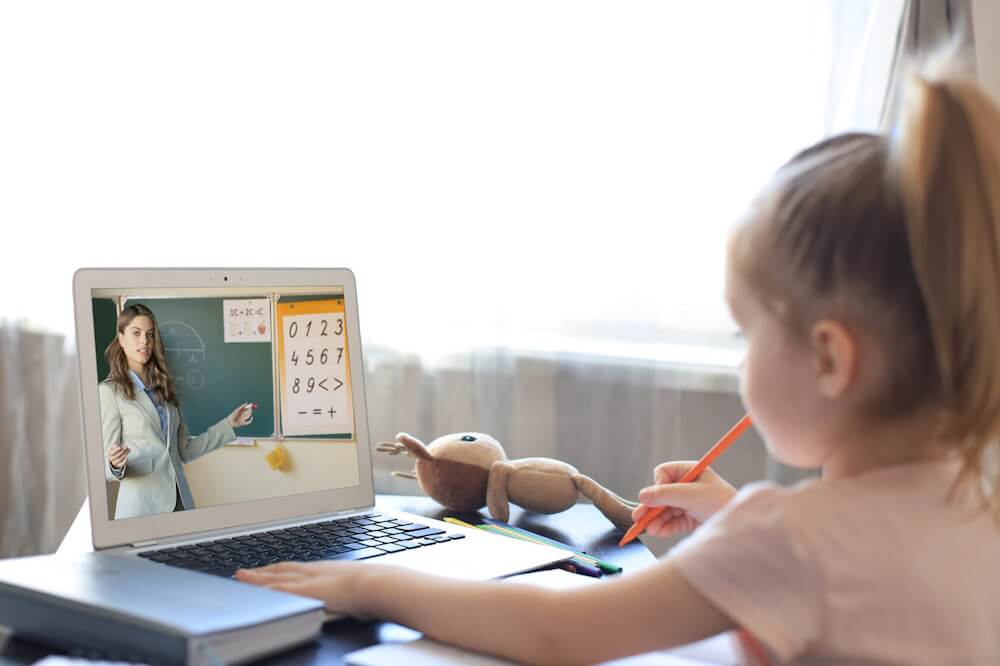What do you think is more effective: group classes or individual lessons? Tricky question, right? The answer is simple: you can’t really say one is better than the other. These formats serve different purposes and suit different learning needs.
For instance, a child who struggles to keep up in a group might benefit more from individual lessons. Meanwhile, an extroverted child who thrives on competition may find group classes more engaging. So let’s explore the advantages of one-on-one learning — and you can decide if it’s the right fit for your child.
Here’s what makes individual learning so effective:
• The teacher focuses all their attention on one student.
• The child can concentrate better on the topic at hand.
• The student feels free to ask any questions without fear or embarrassment.
• Lessons can be scheduled around the child’s existing routine.
• You can revisit challenging topics as many times as needed — or move faster if the material is easy.
• Every topic is covered thoroughly, leaving no “blind spots.”
• There’s more time to practice and develop essential skills.
Ultimately, it’s up to parents to choose the best format . Often, a combination works best: individual lessons help kids dive deeper into the material at their own pace, while group classes let them socialize and learn to work in a team.






